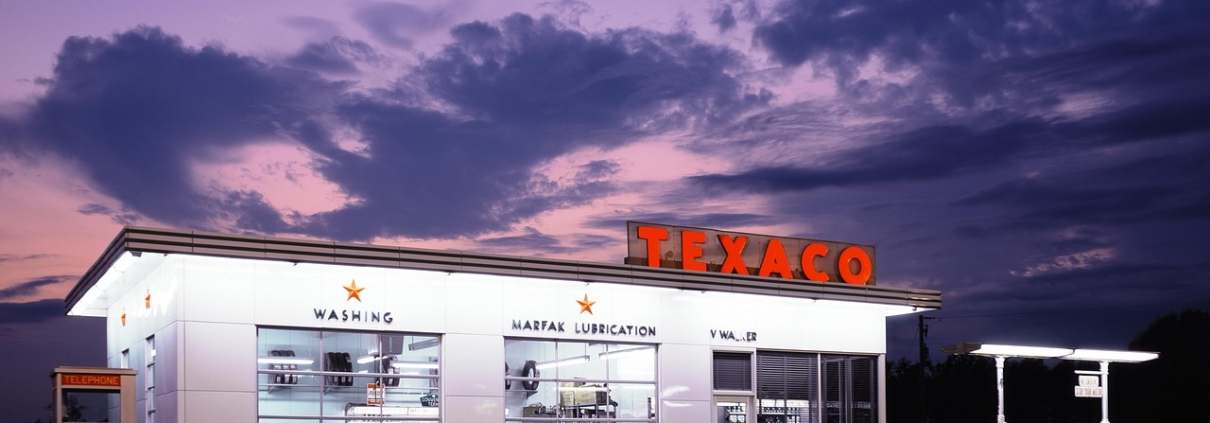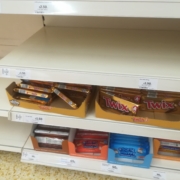Why Isn’t Competition Working in the UK Petrol Market?
Why are prices so high in many countries, including the UK? Global forces and events are part of it, but there is increasing evidence that firms providing goods and services are increasing profit margins at the expense of the consumer. This week’s report on petrol prices in the UK from the Competition and Markets Authority (CMA) was an example of this. Calculations show that margins have increased over the last three years and we are all being ripped off to the tune of some 6p per litre. Competition was “not working as well as it should be” said the CMA.
But surely, in a dynamic, capitalist society, excess profits leads to new market entrants, who compete on price and undercut the current providers, whilst still making an adequate return? The economists would agree that this is the case – but only in a perfect market. And you need certain conditions for that, including that it must be reasonably easy for new entrants to establish themselves.
That is the problem here and in many other markets. For a number of reasons, there are so many things we all buy where we just don’t see real, strong competition, because it is almost impossible for new entrants to break into a market. Look at petrol retailing. Finding new sites and getting planning permission would be a nightmare. The capital cost of building the premises would be huge, with all the legislation (quite rightly) around petrol storage and handling adding to the burden.
Look at how difficult it has proved for new retail banks to break into a market still dominated by firms that have been around for centuries – even though most consumers don’t rate those providers very highly. We haven’t had any new supermarket chains in the UK for some 30 years now since Aldi and Lidl (who were already long established elsewhere) started here. Again, the barriers to entry, from planning issues to up-front cost, as well as the financial power of the incumbent firms, all make it very tough.
So we have the cost of entering a market, legislative burdens and incumbent power as key barriers to entry. Geography is another; I’m not going to drive another 10km each way to buy slightly cheaper petrol, and lose all my “savings” on the extra mileage!
But particularly when we come back to corporate procurement, some of the market dominance we see has been caused in apart by the actions of customers and indeed of procurement professionals. I gave five examples of the ways in which this happens in terms of corporate procurement in the Bad Buying book. Here are the first two.
1. Buyers aggressively aggregate their own spend, believing they’ll get better deals if they offer bigger contracts – until in some industries, only the largest can meet our needs. Buyers might insist that suppliers must service every office or factory across the US, or Europe. Smaller firms and start-ups, who often offer real innovation, flexibility and service, are shut out of the market.
Buyers assume economies of scale, that “bigger is better” and bigger deals mean lower prices. But that is not necessarily true; the price curve may flatten after a certain volume, with further increases in volume not generating any further price reduction. There are even cases where you see dis-economies of scale – the buyer pays more as the they spend more.
2. Buyers value consistency above innovation and experimentation. At times, you should value tried and tested solutions over exciting new ideas. “Ladies and gentlemen, welcome to the flight, this is the very first plane to be fitted with an exciting new automatic pilot system, and we will be turning it on once we’re airborne”. You might not want to hear that!
But take caution too far, and you help create markets dominated by a few large suppliers, with increased risk of buyers suffering from dependence. That’s relevant in private firms and perhaps more so in government, where risk aversion from employees and politicians means companies get into dominant positions because buyers “know” they’re a safe choice. That doesn’t always work out – Serco and Capita seemed to be safe for major UK government work, until both ran into severe financial difficulties. More willingness to engage with other initially smaller suppliers over the years could have created a more dynamic market.
Whilst we may not be able to do anything much personally about the supermarkets dominance of the petrol (and groceries) markets, we can take actions to mitigate the risk that we accidentally help to create monopolies or oligopolies in our business (procurement) lives. We should aways be thinking about how we can contribute to dynamic, competitive markets, with new entrants regularly arriving to put pressure on established firms. That’s the healthy situation that we should hope for and work towards where we can.









Leave a Reply
Want to join the discussion?Feel free to contribute!